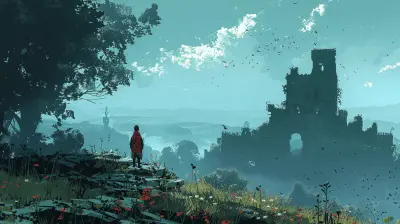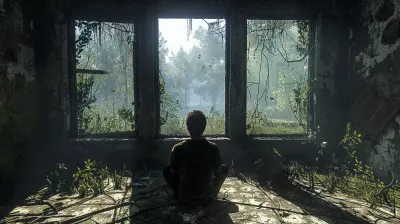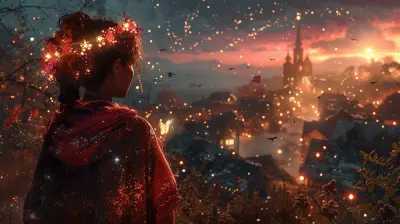The Role of Social Media in Amplifying E-Sports Competitions
16 September 2025
Let’s not kid ourselves—eSports isn't that underground niche where teens play video games in silence anymore. It's a global phenomenon, buzzing with fans, million-dollar prize pools, screaming arenas, and… surprise, surprise—social media right at the heart of it. If you're even a little curious about how eSports exploded into the mainstream and how it's still riding that rocket? Look no further than your favorite social apps.
Yep, from Twitter threads to TikTok trends, social media has been the secret sauce (okay, maybe not so secret anymore) behind the rapid evolution and popularity of eSports competitions. Let's break down exactly how and why.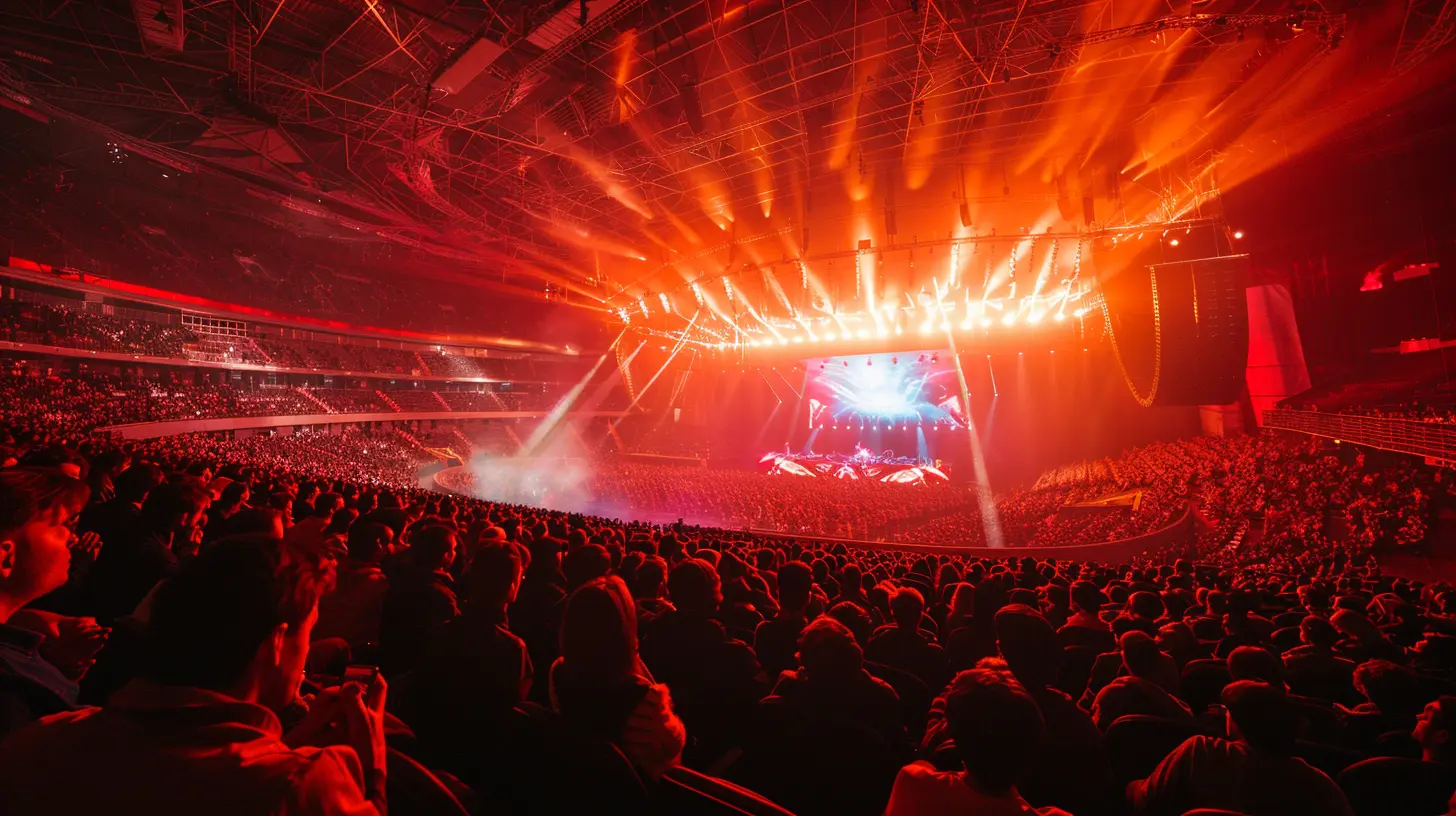
The Vibrant Evolution of eSports and Social Media
A few years ago, the thought of people watching others play video games might’ve sounded bizarre. Fast forward to now, and eSports has its own Super Bowl-level events, massive online followings, and fanbases that span from Seoul to São Paulo.Social media didn’t just passively ride shotgun—it helped drive. The rise of Twitch streams, YouTube highlights, Twitter hype trains, and TikTok plays have created a culture where engagement isn't optional—it's expected.
> Think about it. Every time a jaw-dropping play happens in an eSports match, where does it usually go first? That's right—straight to social feeds.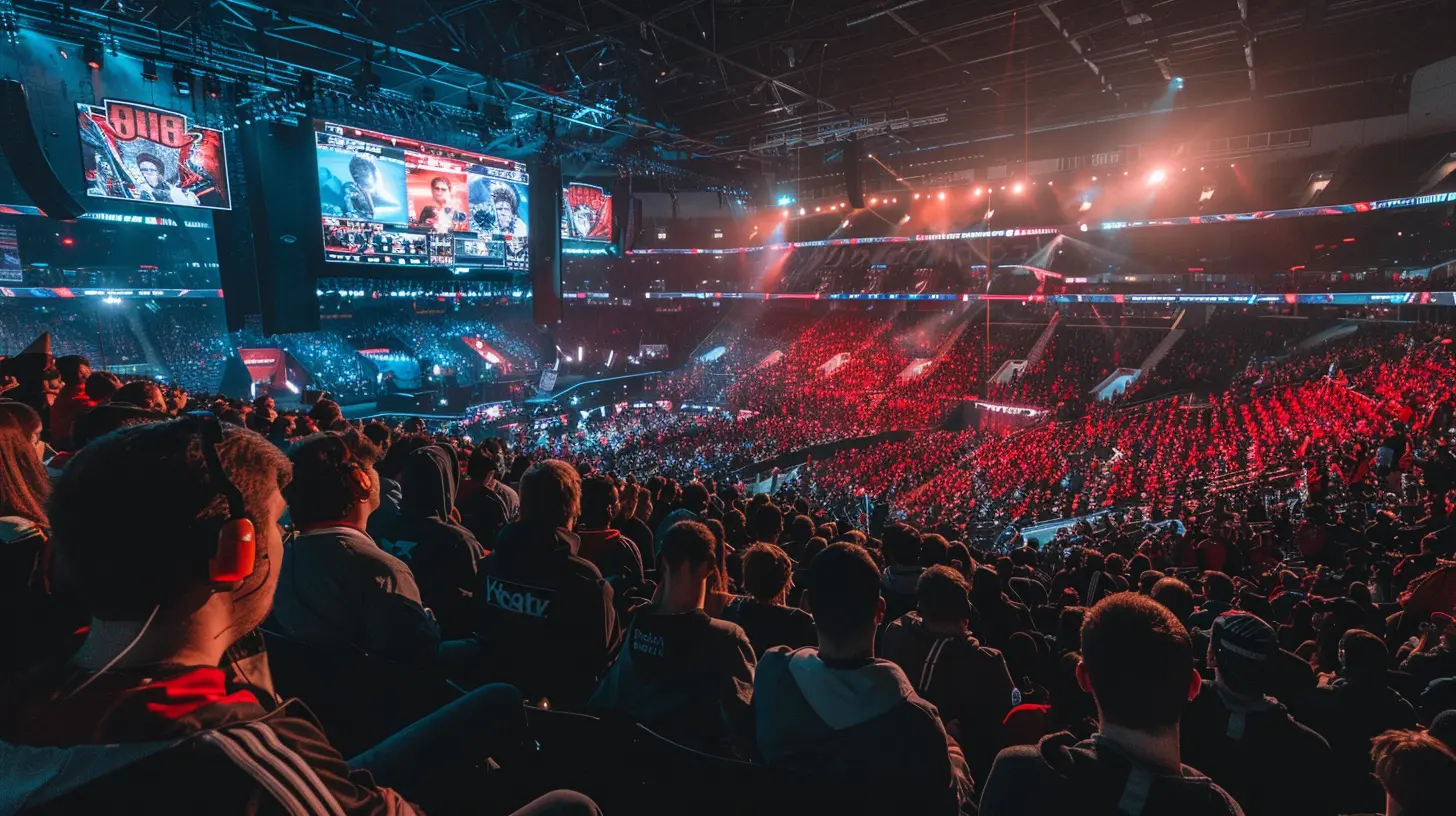
How Social Media Makes eSports Bigger, Louder, and Better
1. Real-Time Updates and Instant Hype
Remember the days when we waited for news to break on TV or websites? Yeah, neither do we. Social media runs at lightning speed, and in eSports, where every second counts, that’s golden.- Twitter is basically the live commentary box now.
- Instagram’s new story? Probably a reaction to a 1v4 clutch.
- Reddit threads explode with strategy breakdowns within minutes.
Instant updates mean fans are always in the loop, and FOMO? It’s real. Missed a moment? Somebody probably clipped it and shared it with a meme already.
2. Direct Interaction Between Fans and Players
Social media tears down the walls between fans and their favorite players. It's not like traditional sports where a player might be out of reach. In eSports?One tweet, one like, one Twitch chat message—and boom, you're noticed.
The connection here is personal. Authentic. And yeah, sometimes savage, but always active. These consistent touchpoints build loyal communities in a way old-school media can’t replicate.
3. The Power of Virality
One well-timed clip can do more for a player’s brand than an entire season’s performance.Have you seen those insane TikToks of impossible plays get millions of views? Or how a pro player’s witty response on Twitter goes viral and suddenly they’re on meme pages and mainstream headlines?
This kind of exposure adds rocket fuel to an already blazing fire.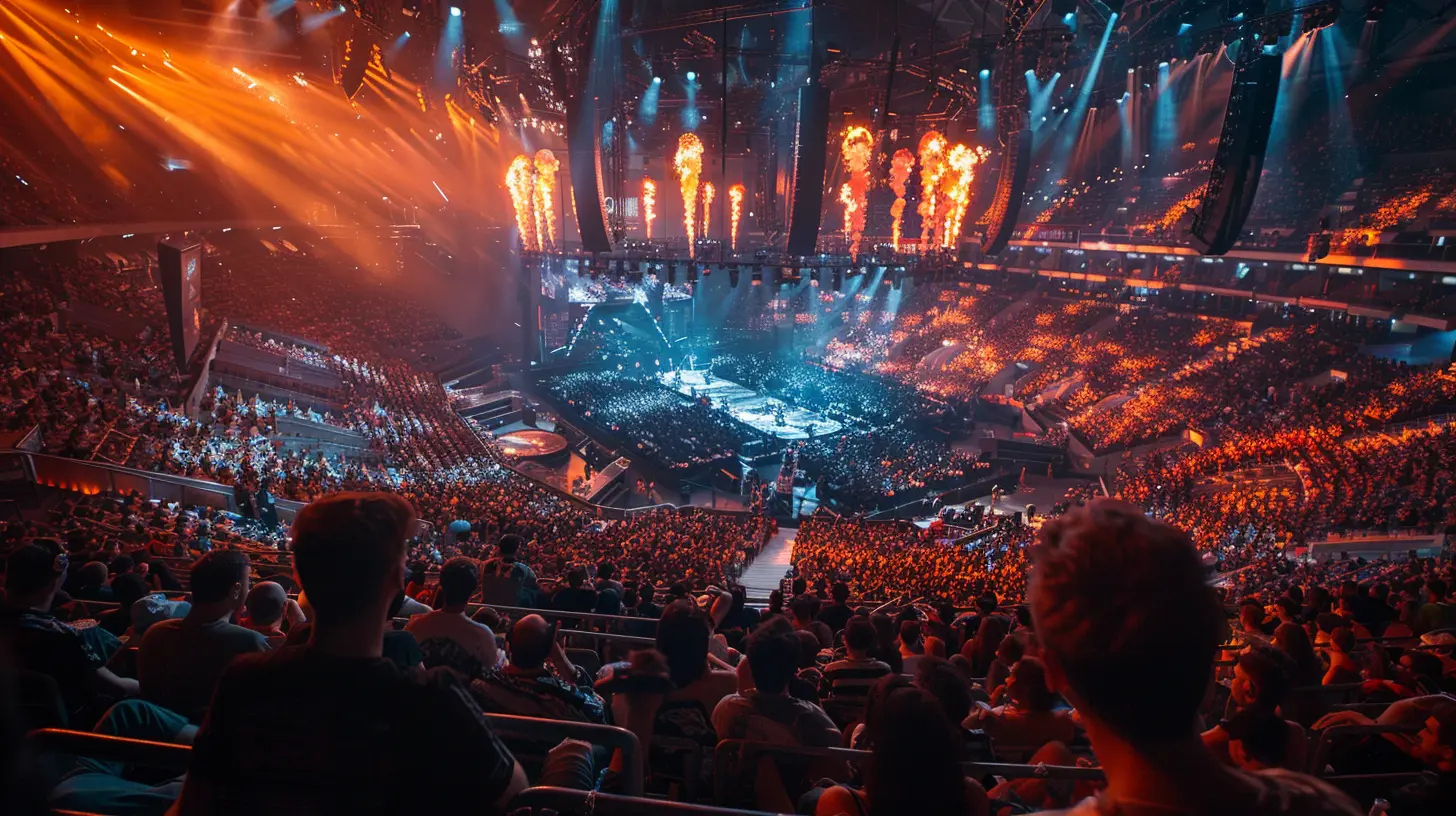
Social Media Platforms in the eSports Arena
Each platform plays its part in amplifying the eSports spectacle. Here’s how the major players stack up:Twitch: The Coliseum of eSports
Twitch is arguably the beating heart of competitive gaming. It’s where tournaments are streamed live, with commentary, graphics, and streams from multiple perspectives.But it's not just about watching. Twitch allows interaction—chat rooms explode with reactions, donations pop up in real-time, and emotes fly like confetti at a championship parade.
Twitch isn’t just a platform; it’s the digital stadium where everything goes down.
YouTube: The Eternal Archive
Missed the game? No sweat. YouTube’s got your back with full replays, montages, behind-the-scenes footage, and full-blown documentaries. It’s the perfect hub for long-form eSports content and reaching audiences who didn’t catch everything live.Also, let’s not forget—YouTube’s algorithm LOVES gaming content.
Twitter (X): The Official Unofficial Scoreboard
Twitter dominates for live reactions, updates, banter, and memes. Want to know who won, who threw, or who's beefing before you even find the score? Hop on Twitter. Teams, players, commentators, and fans all use it as their digital megaphone.And X threads? Think of them as post-match breakdowns written in real-time.
TikTok: The Hype Machine
TikTok is pure chaos—in the best way. Quick highlights, goofy behind-the-scenes moments, streamer challenges, trash talk, and fan edits make it the freshest way for eSports to hook a younger, content-hungry generation.It’s snackable, scrollable, and super shareable.
Instagram: The Visual Playground
Perfect for polished content—team photos, short-form interviews, behind-the-scenes stories, fan art, and more. Instagram helps eSports brands and players look good while building community via comments and DMs.It's less chaotic than Twitter, more curated than TikTok, and sits beautifully in the middle.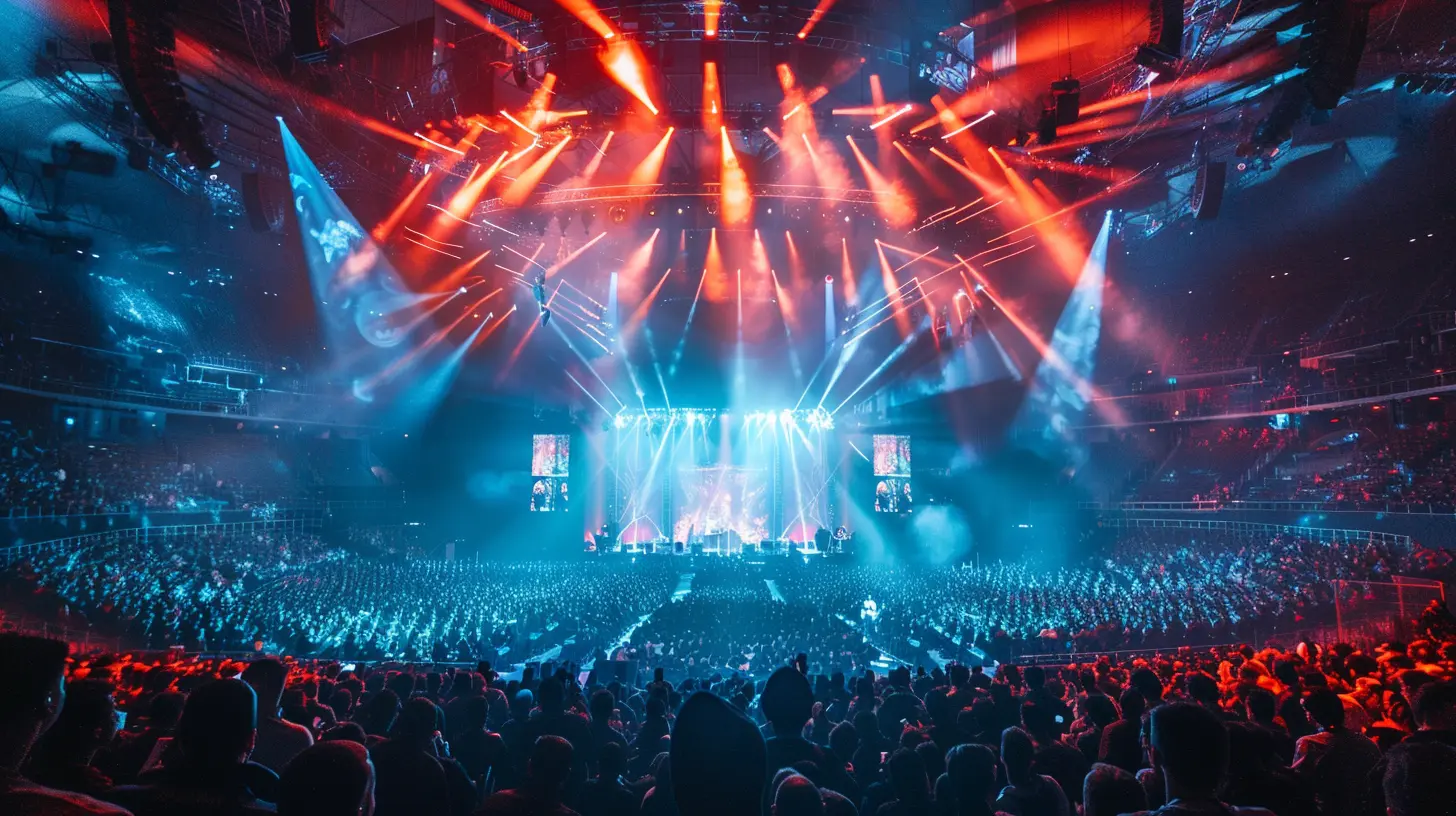
Community Building: The Social Media Superpower
What’s a sport without fans? Social media fosters thriving, passionate communities around teams, games, and even specific players.Discord servers buzz like beehives, Reddit threads deep-dive into strategies and lore, and Facebook groups still host international watch parties. Whether you're a hardcore fan or a curious newcomer, there’s a place for you—instantly.
These digital spaces also serve as feedback loops. Developers and organizations get real-time insights into what fans love (and hate). That's invaluable.
The Business Angle: Sponsorships, Branding, and ROI
Let’s talk money—because there’s a lot of it in eSports. And social media multiplies its impact.Influencer Marketing Through Players
Top eSports players are influencers in their own right. They don’t just represent teams—they represent brands. When a player tweets about a headset they love or posts an unboxing on YouTube? That’s authentic advertising with sky-high conversion potential.Brands are lining up to get in on this. Logitech, Red Bull, Nike, even Louis Vuitton have tapped into the eSports culture. Social media is the bridge between these companies and the audience they want to reach.
Event Promotion and Hype Cycles
Before a big tournament? You’ll see countdowns, behind-the-scenes sneak peeks, roster reveals, and all kinds of promotional content flood every feed. That’s not by accident. It creates noise, builds anticipation, and drives tune-ins.Smart teams and organizers use social media like a drumroll—and fans eat it up.
Social Media and Global Reach
Geography? What geography? Social media has obliterated borders in eSports.A fan in the Philippines can cheer for a team in Sweden. A Brazilian streamer can blow up in North America. eSports content transcends language, thanks to memes, clips, subtitles, and creative formats.
This global interconnectivity means that competitions get attention from every corner of the world—creating 24/7 fandoms. Social media made this possible.
Challenges and Controversies
Alright, it's not all sunshine and GG’s. There are downsides to this hyper-connectedness.- Toxicity and harassment: With exposure comes vulnerability. Players and teams are often at the receiving end of online abuse.
- Misinformation: Rumors spread fast, and drama often overshadows the competition.
- Mental fatigue: Constant social engagement can lead to burnout for players, streamers, and even fans.
Still, with better moderation tools, community guidelines, and mental health awareness rising, the ecosystem is getting smarter at handling these challenges.
What’s Next? The Future of Social Media in eSports
We’re just scratching the surface. As platforms evolve, so will how eSports uses them.- Expect AI-generated highlights on demand.
- Augmented reality watch parties using filters and overlays.
- Deep integration of shopping, betting, and ticket sales via social media.
- Even more personalized fan experiences.
Social media isn’t just part of the eSports story—it might just write the next chapter.
Final Thoughts
eSports without social media? Unthinkable.From bringing fans closer to their heroes, to amplifying every kill streak and clutch moment, to building global communities and future mega-events—social media has been the ultimate teammate.
So the next time you’re scrolling through a wild screaming reaction clip, or voting for MVP in a story poll, remember—you’re not just watching the eSports boom. You’re part of it.
And that’s the real power of social media.
all images in this post were generated using AI tools
Category:
E SportsAuthor:

Luke Baker
Discussion
rate this article
1 comments
Priscilla Harper
Great insights! Social media truly enhances e-sports visibility!
September 23, 2025 at 2:15 AM

Luke Baker
Thank you! I'm glad you found the insights valuable. Social media indeed plays a crucial role in elevating the visibility of e-sports.
